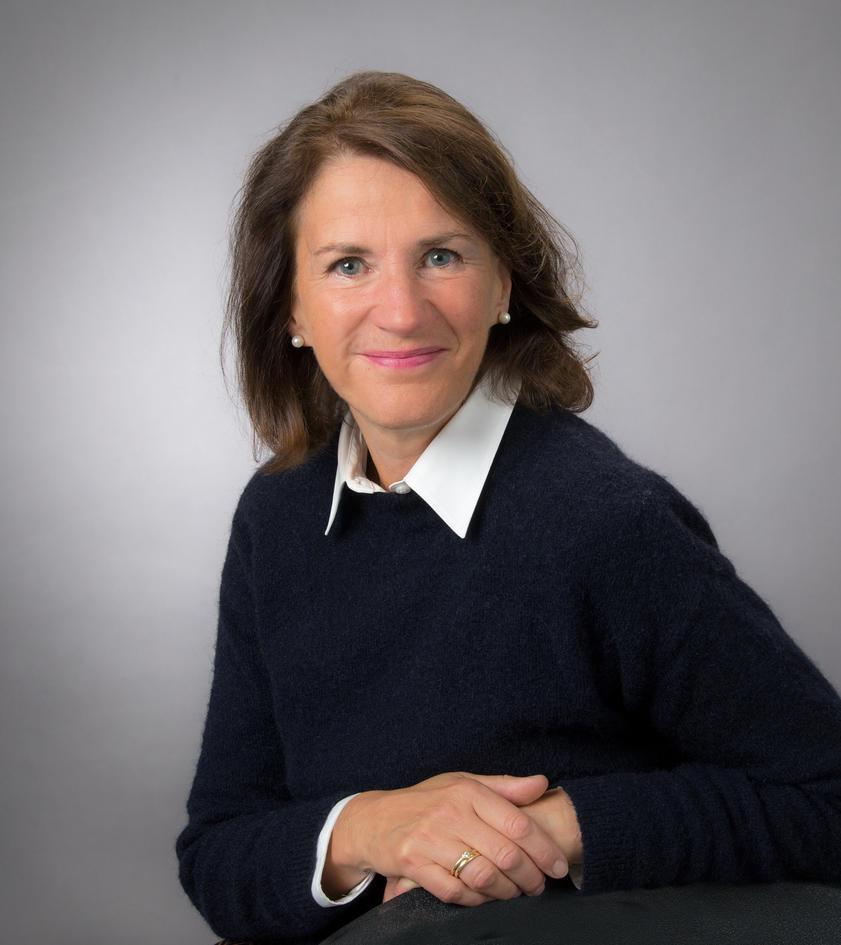BetterAge
How can we organize social, affordable, and sustainable living environments for the increasing group of older adults? The BetterAge SFI-initiative at the University of Bergen will address this by designing a new living model of lifestyle dynamics that empowers independent living for older adults throughout their lives.

Main content
This is a proposed Centre for Research-based Innovation (SFI) for the Research Council of Norway's call in 2024-2025.
Key challenges and objectives:
As we are getting older, physical, mental, and social abilities are gradually declining: multimorbidity and the need for costly and resource-demanding long-term care are the reality for many. No systematic Norwegian non-institutional living model for healthy ageing exists, although the infrastructure and technology are available.
BetterAge addresses these long-term needs at the intersection of construction, urban and rural planning, digitalization, and healthcare, to help shape the emerging sector of smart-tech enabled age-friendly environments.
Thus, Better Age will design a new living model of lifestyle dynamics that empowers independent living for older adults throughout their lives. We will include three living labs reflecting the Norwegian landscape, in Bergen, Tysvær, and Sauda.
Expected impacts:
- Our industry-partners will partners develop research-driven products leading to EMA/FDA approvals.
- New products and a living standard for older adults (Scandinavian model) have monetary benefits for society.
- Preventive measures lower risk factors of lifestyle-related diseases. Older adults will live longer, independently at home (even die there), postponing informal/formal care and institutionalization.
- International exchange will boost research activities, publications, spinoff, and further funding. Researchers and industry partners will be trained in innovation management, IPR, and develop international careers.
- A Research School in Elderly Care and Innovation will be established in addition to master programs. Norway will directly profit by reduced public costs, commercialization, and sustainability. The healthy ageing dimension will bring us into international focus for developers, designers, and health-tech export. Experience will be paramount to a novel mindset and preparedness for ageing.
Research, innovation and education:
BetterAge will engage a broad spectrum of Norwegian stakeholders: older adults and their families, the co-living communities (e.g., students, neighbors), health technology industry, construction industry, researchers, healthcare professionals, and national authorities, and other interested parties.
Our approach will focus not only on sharing information but also on fostering collaboration, co-creation, and the exchange of knowledge across the sectors.
We will design a modular education program aimed at academia, industry and the public sector, to increase competence and skills in the BetterAge sectors, deployed through on-site training workshops, master courses, and professional organizations.
We envision at least 10 doctoral theses, as well as books (monographs, multi-chaptered, reference manuals, educational, etc.). In addition, we will perform scientific dissemination at relevant international conferences, both through oral presentations and posters.
In cooperation with the UiB FERD career center, doctoral and postdoctoral researchers will be trained in innovation management and IPR. At the same time, industry engineers will receive training to develop products with user involvement. All these actions will increase research and innovation competence.
BetterAge will enable us to apply for a PhD Research School in Elderly Care and Innovation together with the Eitri Medical Incubator, through which we will offer continued research-industry bidirectional education. From current master programs at UiB (e.g., Health and Society) and NTNU, we will recruit and train the designers of the better ageing future. Moreover, the BetterAge training of healthcare workers on innovative, smart health-tech will be critical to improving competence and maintaining a skilled workforce.
Budget
175 million NOK
